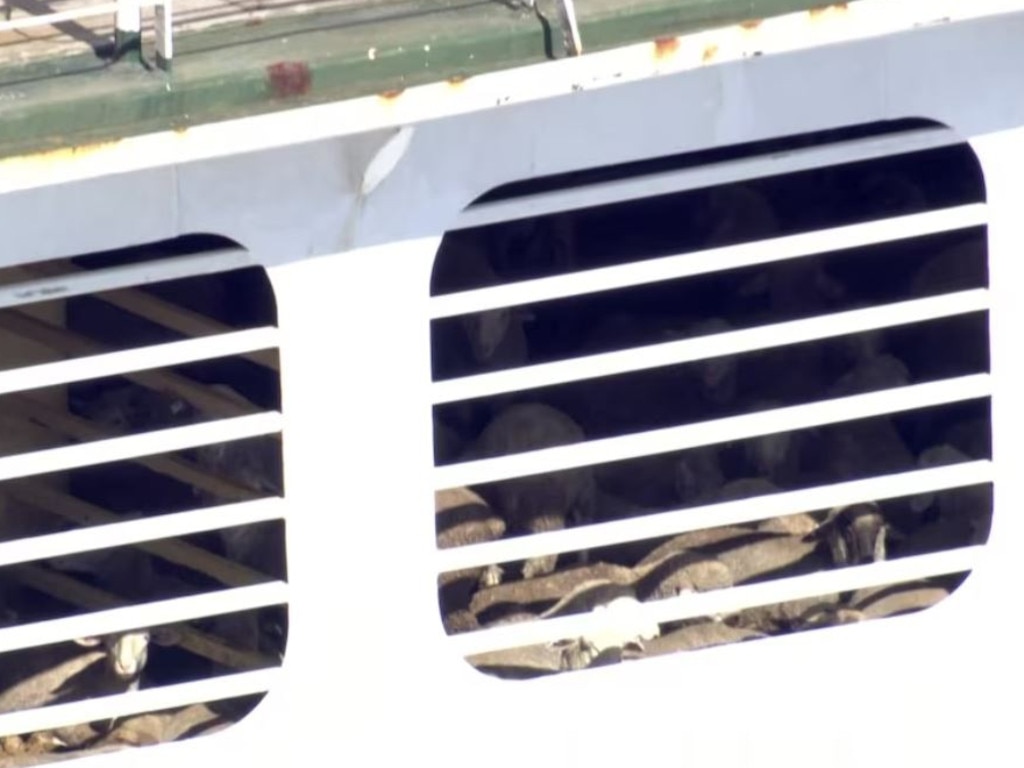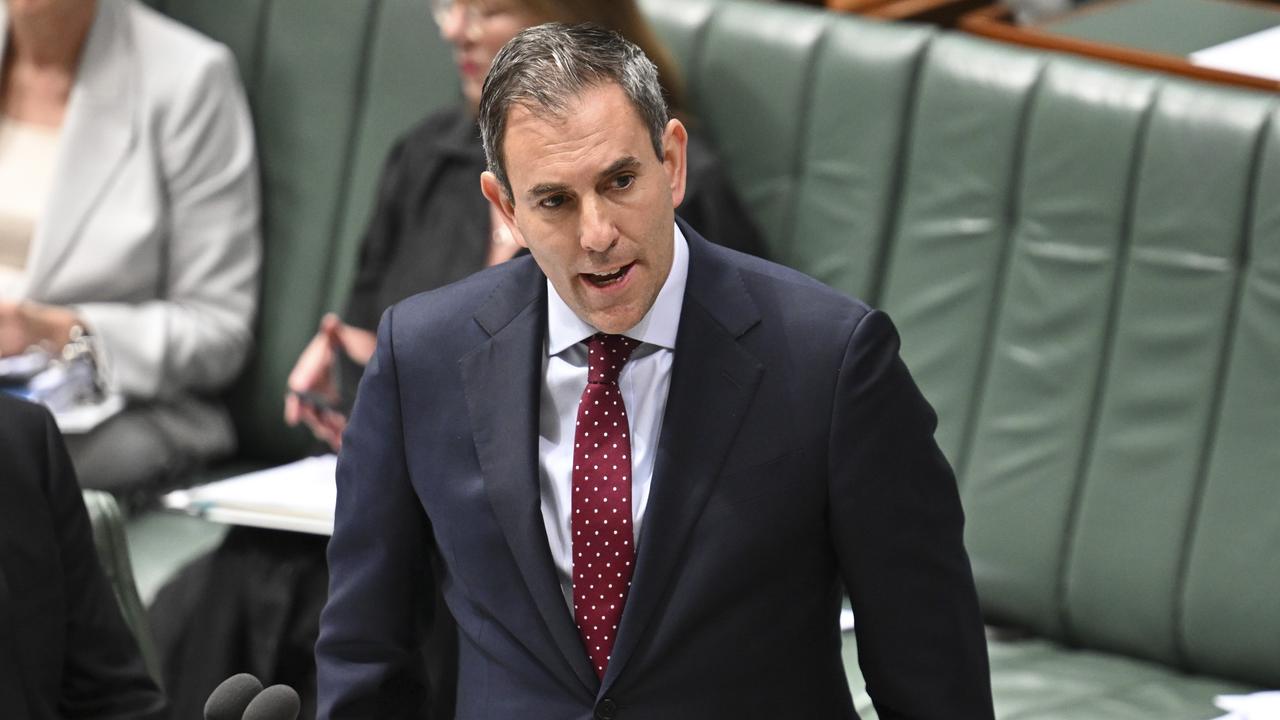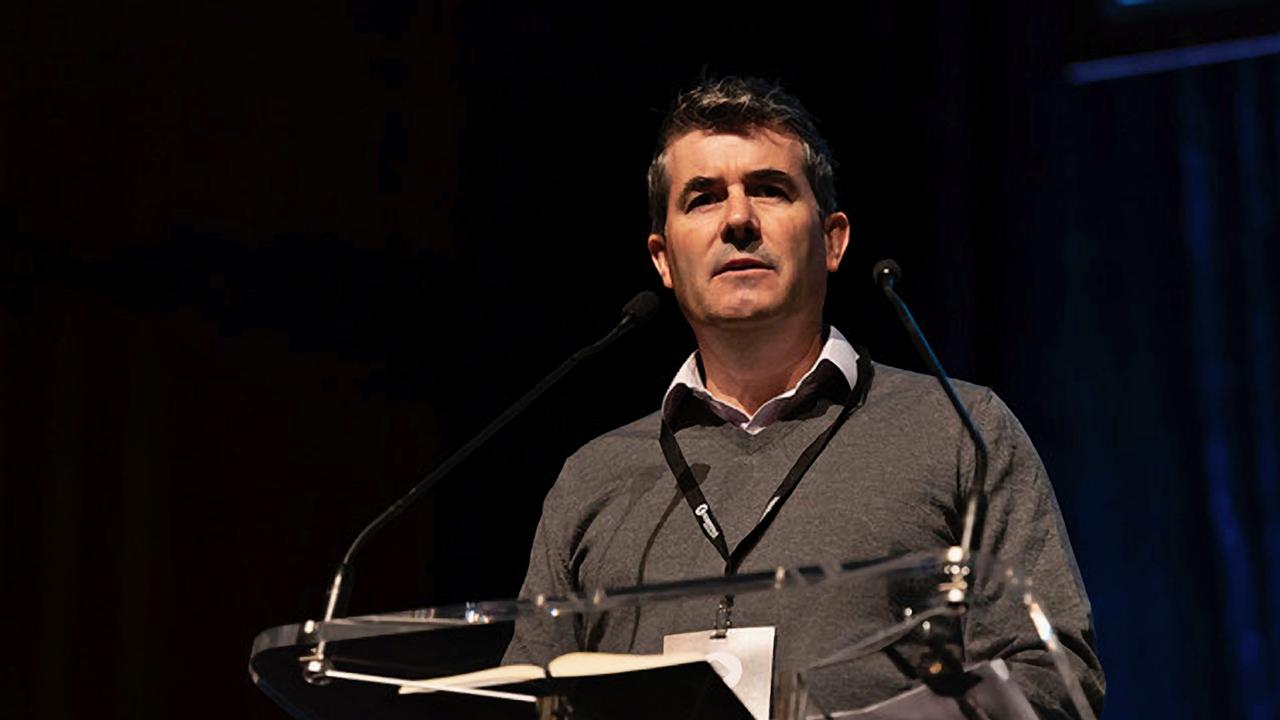Kuwait ambassador pleads for sheep trade reprieve
The Albanese government plans to end the live sheep export industry. Middle Eastern trading partners say they rely on the supply of livestock and have called for a rethink.

Kuwait’s ambassador to Australia has implored the Albanese government to reconsider its proposed ban on the live sheep export trade, saying the Middle Eastern nation relies on the supply of sheep from Australia.
Labor has vowed ahead of the last two elections to phase out the controversial practice of shipping live sheep overseas, citing animal welfare concerns and examples of high sheep mortality rates that prompted an industry-wide clean-up in 2018.
Farmers in Western Australia, where the $85m trade is based, say their livelihoods are dependant on the alternative market offered by live exports and exporters say the industry has vastly improved its practices in the past six years.
In a speech delivered at a Kuwaiti Liberation Day function in Victoria last week, ambassador Bassam Al-Qabandi said the relationship between his country and Australia was built on trade ties, including those generated by live sheep exports, which help fulfil religious slaughter requirements.
“The State of Kuwait enjoys outstanding relations with Australia based on strong co-operation ties in various sectors, including education, research, investment and people – to – people links,” Mr Al-Qabandi said.
“I would like to highlight Kuwait’s keen plans and genuine interest in further expanding bilateral trade, investment, and cultural bonds.”
“Australian live sheep exports have been particularly successful in Kuwait, with the Kuwait Livestock Transport and Trading Company (Al-Mawashi) being the primary buyer and transporter of Australian livestock since 1950s.”
Mr Al-Qabandi said food security in Kuwait, which also purchases significant amounts of boxed meat from Australia, was underpinned by the supply of live sheep from Australia arriving by sea.
“Food security is a major and significant component of the political declaration of the Sustainable Development Summit, a matter that was evident when supply chains were disrupted during the Covid – 19 Pandemic, the Russian-Ukrainian crisis, the current crisis in the Red Sea, as well as the ongoing war in the Occupied Palestinian Territories,” he said.
“Therefore, it is of utmost importance to preserve and strengthen the sectors that contribute to food security in our region by means of the continuation of livestock and grain exports.”
Australian Livestock Exporters Council chief executive Mark Harvey-Sutton said the fact that the ambassador’s speech focused on the trade, on what was a significant day for the country, emphasised the seriousness of the situation.
“I think it just shows just how important culturally and economically the live sheep trade is to the relationship between Australia and Kuwait,” Mr Harvey-Sutton said.
“It also demonstrates the fact that no matter how much the government says you can add value to domestic processing, their desire is for livestock and chilled or frozen product will never replace it.
No date for the phase-out has been set and the government is sitting on a report from its expert panel that recommended a way forward.
The Greens this week introduced a bill in the senate to end the industry on May 1, 2026, which was supported by the Australia Alliance for Animals.
Greens Senator Mehreen Faruqi said polling commissioned by her office found most Australians were in favour of shutting down live sheep exports by sea.
“If the government is serious about animal welfare and ending live sheep exports, it must legislate an end date within this term of parliament and announce a swift phase-out plan,” Senator Faruqi said.
National Party leader David Littleproud said ending the Australian trade would mean the void was filled by sheep from other countries with poorer welfare standards.
“Animal activists including the Greens are morally bankrupt because they are valuing the welfare and the life of a sheep in Australia over that of another country,” Mr Littleproud said.







